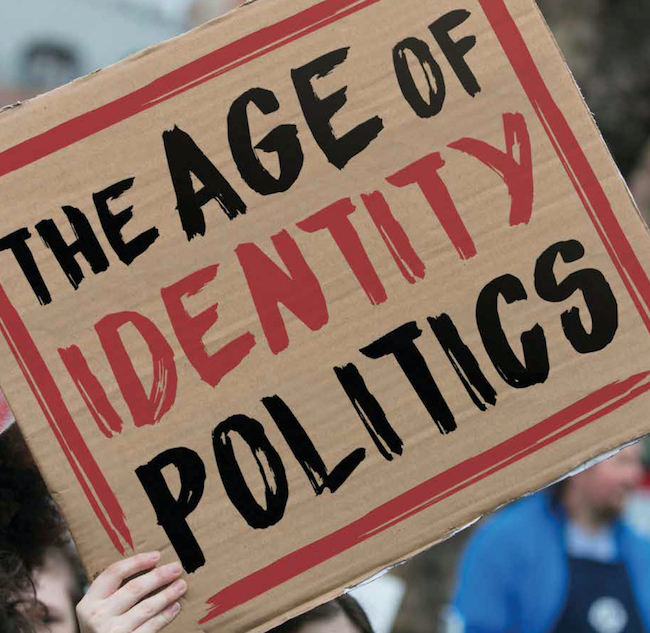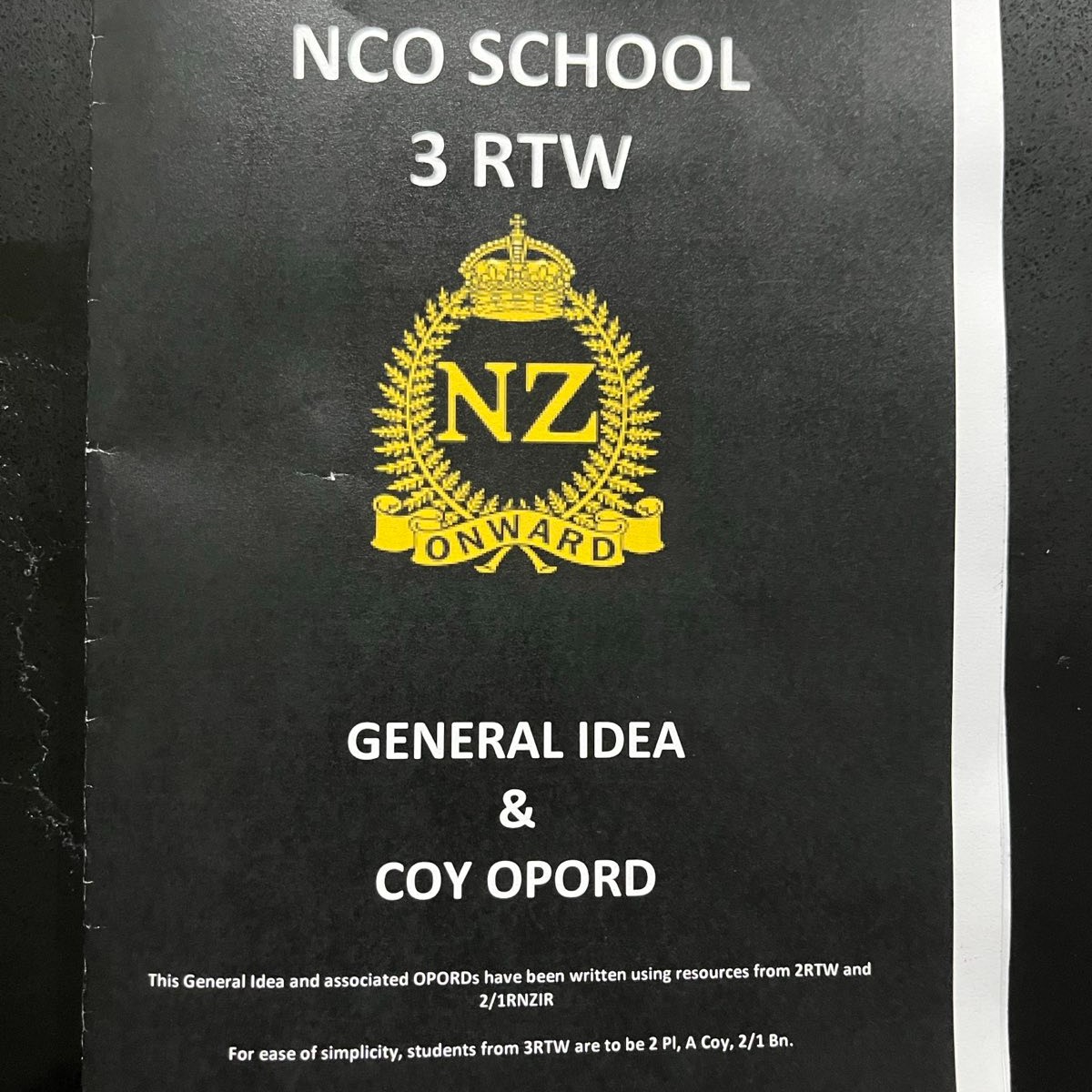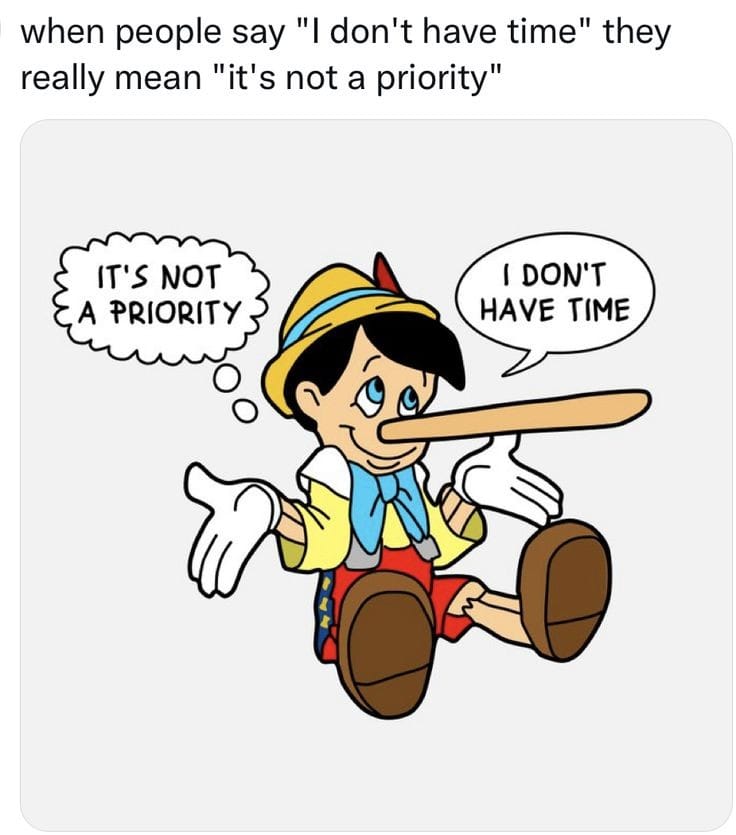
CO-GOVERNANCE AND BEYOND (UNDRIP) PART 1
Referring to the opposition to signing the UN Declaration of the Rights of Indigenous People
Rosemary Banks NZ’s Representative at the UN explained in a gathering at the UN Assembly that NZ Government was unable to adopt the UN Declaration of the Rights for Indigenous People for the following reasons. Firstly she referred to the Treaty of Waitangi 1840 being NZ’s founding document and NZ’s constitutional arrangement also Government activity. That NZ had already implemented many of the standards of the declaration for many years prior to September 2007
The Māori Party had worked with the UN process to bring about the UN Declaration for the Rights of Indigenous Peoples. But the Labour Govt in 2007 announced they could not support it. Rosemary Banks referred to four provisions in the UN Declarations which caused great concern.
(1)Being fundamentally incompatible with NZ’s Constitutional and Legal arrangements. The Treaty of Waitangi, and the Principle of governing for ‘The Good Of ALL People in NZ’
(2)Referred to Article 26 of the UN Declaration on ‘Land & Resources’
(3)Referred to Articles 28 and 19 on redress
(4)Article 32 on ‘The Right of Veto’ over the State
(5) Article 26 Indigenous people had the right to own, use, develop or control lands and territories that have been traditionally owned, occupies or used. This meant the ENTIRE country of NZ was potentially caught within this scope, (that appears to require “Recognition to Rights to Lands ‘in NZ). Thus being lands legally owned by other citizens, indigenous and non-indigenous. Did not take into account customs, traditions, land tenures systems.
(6) This implied that Indigenous people had rights that others did not.
(7) The ENTIRE country appeared to fall under Scope of Article 28 (Redress and Compensation) Did not take into account land owned or occupied legitimately by other.-or overlapping indigenous claims.
(8) The UN Declaration implied Indigenous peoples had Right of Veto over a Democratic Legislature
(9) Rights over the Resource Management of NZ. – NOTE: CENTRAL PANNING COMMITTEE’S -TWO OR MORE IWI/HAPU)- END DECISION MAKING RIGHTS OF VETO. Replacement of Resource Management Act.
(10)The UN Declaration Implied a different class of citizen. Indigenous people had veto rights that other citizens did not have.
(11) NZ was unable to support a text that included provisions that were so fundamentally incompatible with its Democratic process, Legislation and Constitutional arrangements.
(12) The Un Declaration was explained as being an ‘Aspirational’ document, intended to ‘inspire’ rather than have ‘legal affect’
NOTE: Labour Party stance has completely changed from back in 2007 they have done an about turn from the opposing the UNDRIP back then.
2010 Under the National Government John Key secretly sent Pita Sharples -Co Leader of the Māori Party to the UN Assembly in New York. John Key was well aware of the seriousness of his actions. Why Labour Party were so against the signing of the UN Declaration in 2007.
NZ Herald reported 20th April 2010 ‘Nats give in to Māori over Rights Declaration’. Had bowed to Maori Party wishes, agreed to support the highly contentious UNDRIP despite the previous Labour Govt issuing dire warnings that the document is fundamentally incompatible with NZ’s constitutional and legal systems.. Where Pita Sharples was speaking from New York announced signing the UN Declaration “restored the Mana and Moral Authority of Māori to Speak in International Forums on Justice and Rights. John Key had backed Pita Sharples on signing the UN Declaration with a proviso that would ‘progress Māori rights in NZ’s current Legal and Constitutional frameworks.
The NZ Herald Article of 2010 referred to Rosemary Banks reporting “The UN Declaration appears to require recognition of Rights to Lands now lawfully owned by other citizens, both Indigenous and Non Indigenous”. Implying rights that others do not have. She also stated that Indigenous peoples have Rights of Veto over Parliament and the Resource Management of NZ. (Resource Management Act) Even thought the UNDRIP is non-Binding it can be used in court by the judicial as to issues relating to Waitangi Tribunal.
NZ Govt over many years is a party to 1900 UN agreements which are non-binding. The Universal Declaration of Human Rights is Binding. When NZ Govt agree to UN Agreement, Declarations they then sit in a place called ‘Soft Law’. That oh so convenient advantageous place where the government can quickly, conveniently enter Un International Non-binding agreements into Domestic Policy making them Legal to act upon.
A prime example of this convenient ‘Soft Law’ is the NZ Govt’s adopting UN Agenda 2030. It was non-binding, Ardern entered it into Domestic Policy it is now binding, can be acted upon legally. The people of New Zealand would never have known this, as this process is accepted by all MP’s in Parliament. Ardern had been a guest speaker of a gathering of ‘global shapers’, which was hosted by Bill * Melinda Gates. Where she boasted she had entered Agenda 2030 into NZ Domestic Policy and that other country’s should take her lead.
THE ZILCH TRANSPARENCY. ALL MP’S IN PARLIAMENT ON THE SAME PAGE. Since the secret signing of the UNDRIP in 2010 much has happened. The non-binding declaration has processed and progressed somewhat into the planning of a ‘Race Based Constitution’. Namely ‘VISION 2040’
Vision 2040 (UNDRIP). Dr Claire Charters the lead author of He Puapua and member of the steering group produced the plan to realise the ‘UN Declaration of Rights for Indigenous Peoples’. A conference was held at Auckland University during 21st-23rd November 2022 where overseas ‘Indigenous Rights’ guests gathered to organize, produce the planning of ‘ The Constitutional Korero ‘Transforming NZ’s Constitution’ in NZ
NOTE: UN Declaration for the Rights of Indigenous Peoples:-
Article 26. Have the rights to the lands, territories, resources which they traditionally owned, occupied otherwise used or acquired.
Art 28: Have the ‘Right to Redress’- includes restitution equitable compensation for lands, territories and resources.
Art 32: States shall consult & cooperate in good faith with Indigenous peoples concerned with their own representative institutions in order to obtain their free informed consent prior to approval of any project affecting the lands, territories and other resources. In connection with development, utilization, exploitation of mineral water and other resources.
NOTE: The ‘Incompatibility with NZ’s Constitutional and Legal Arrangements
Speaker of the House 22nd April 2022 was Willie Jackson, minister of Maori Development announced he had completed the first stage of a two step engagement process to develop the UNDRIP plan, it was to go to wider consultation. He referred to :- Almost 70 engagement workshops that were mainly held online. The represented diverse groups from Iwi Hapu, Tangata Whakaiha Maori & Rangatahi to groups interested in Health, Education, Environment. Saying the drafting plan will now commence. This will be undertaken in partnership with the National Iwi Chairs Forum and the Human Rights Commission over the next few months (April 22nd 2022) Before being shared for public consultation later at the end of 2022. He said ALL NZrs will get a chance to comment on the UN Declaration draft plan. Jackson said “already a lot of mahi is happening across government that’s consistent with the UN Declaration, the planned roadmap of actions are steadily working towards a measure of progress. There is already a lot of mahi across Government underway that is consistent with UNDRIP, but having a plan sets a roadmap of actions to steadily work towards and measure progress against.
Willie Jackson referred to having already made progress with the UNDRIP plan. He said “its not just about co-governance, its more than that. He referred to the positive strides as to Māori Health, that the Government are focusing on what works, what will fix the issues important to Māori.
The Government is supporting that which aligns with the UNDRIP. Jackson referred to Māori led COVID19 improved, increased vaccination rates. And the Govt working in a partnership plan as to the implementation of the UN Declaration for Rights of the Indigenous Peoples of NZ. This includes a broad range of Rights, Freedoms, That commit to improving Maori outcomes, developing a declaration plan to measure the partnership process in addressing Indigenous Rights.. There is much more to share on this beyond Co -Governance Partnership plan -With Certain Iwi/Hapu, the National Iwi Forum, Human Rights Commission and the Govt.
There is much more to tell, therefore I have produced a follow up video to this one namely ‘ CO-GOVERNANCE AND BEYOND (UNDRIP) PART 2’. Which also has the links to the two video’s I have shared .
Carol Sakey.
WakeUpNz
.
-
-
Monday - June 26, 2023 - CO-GOVERNANCE OF NEW ZEALAND
(24) - UN DECLARATION RIGHTS OF INDIGENOUS PERSONS (UNDRIP)
(12)





Leave a Comment